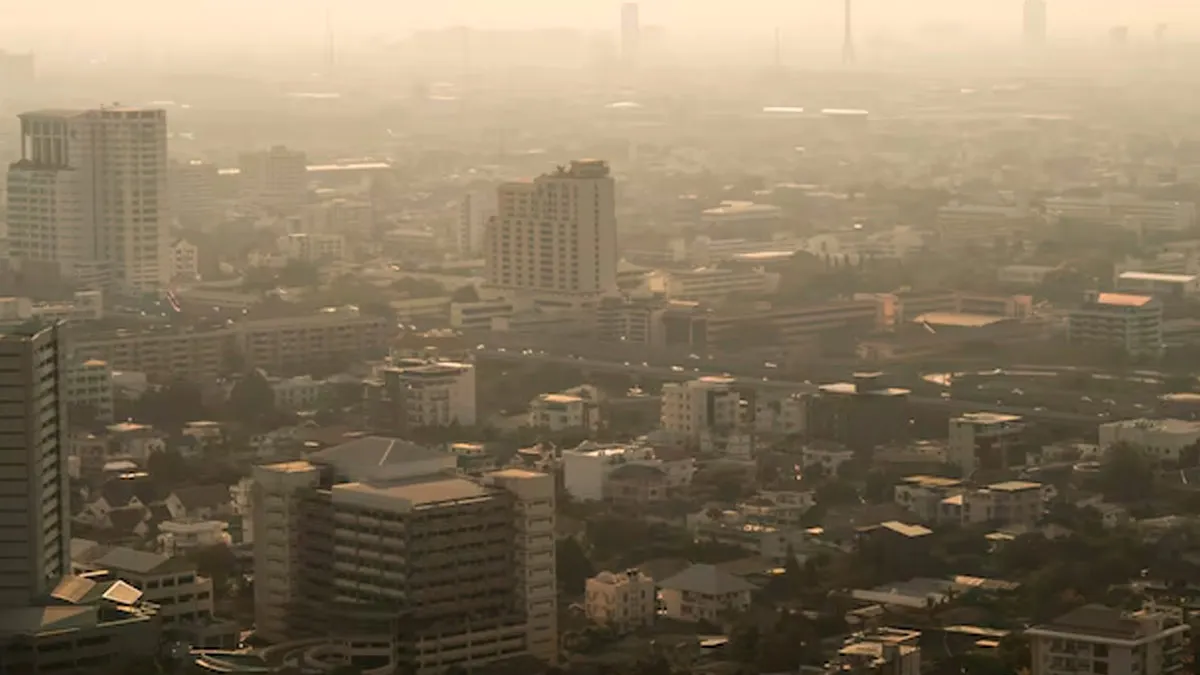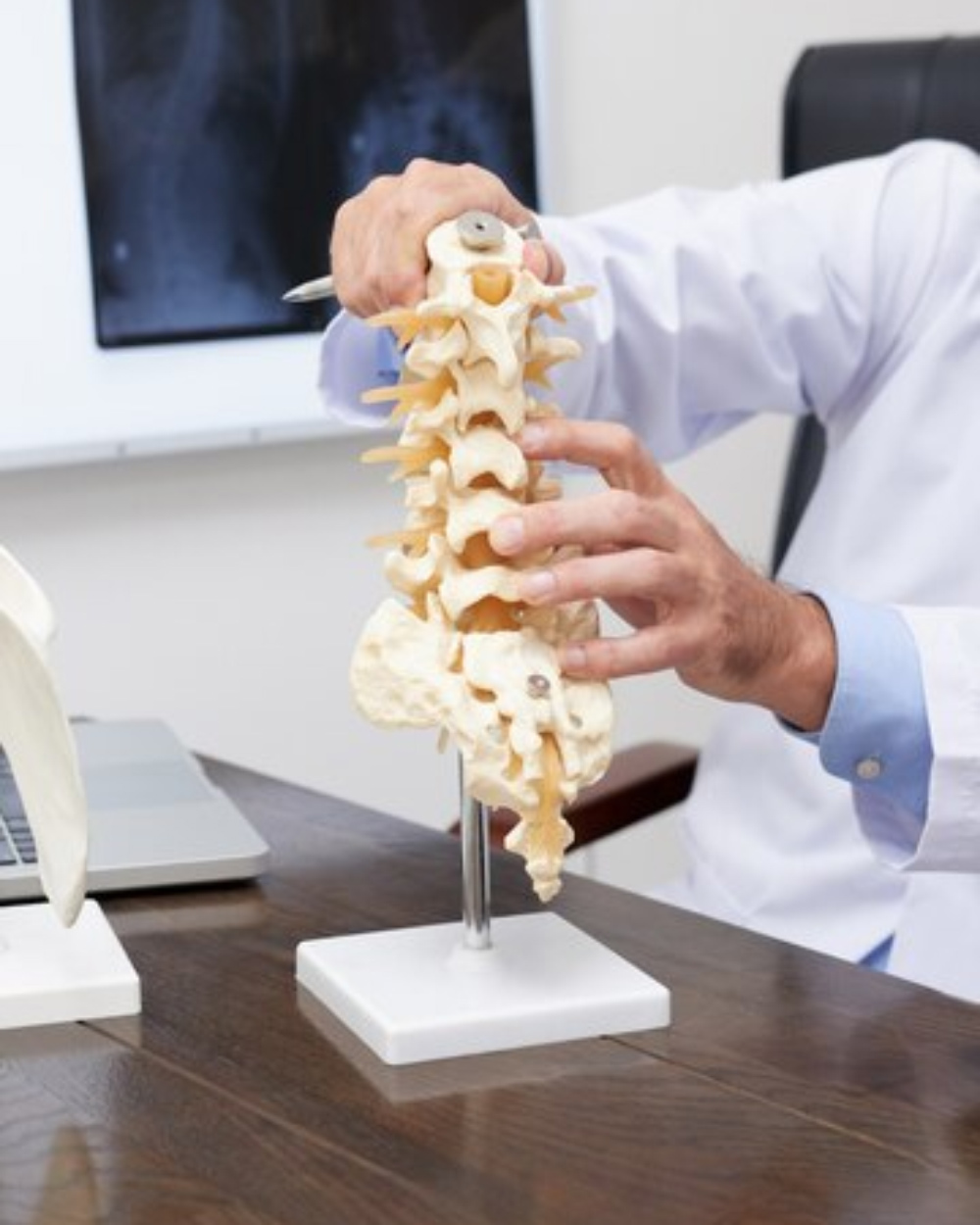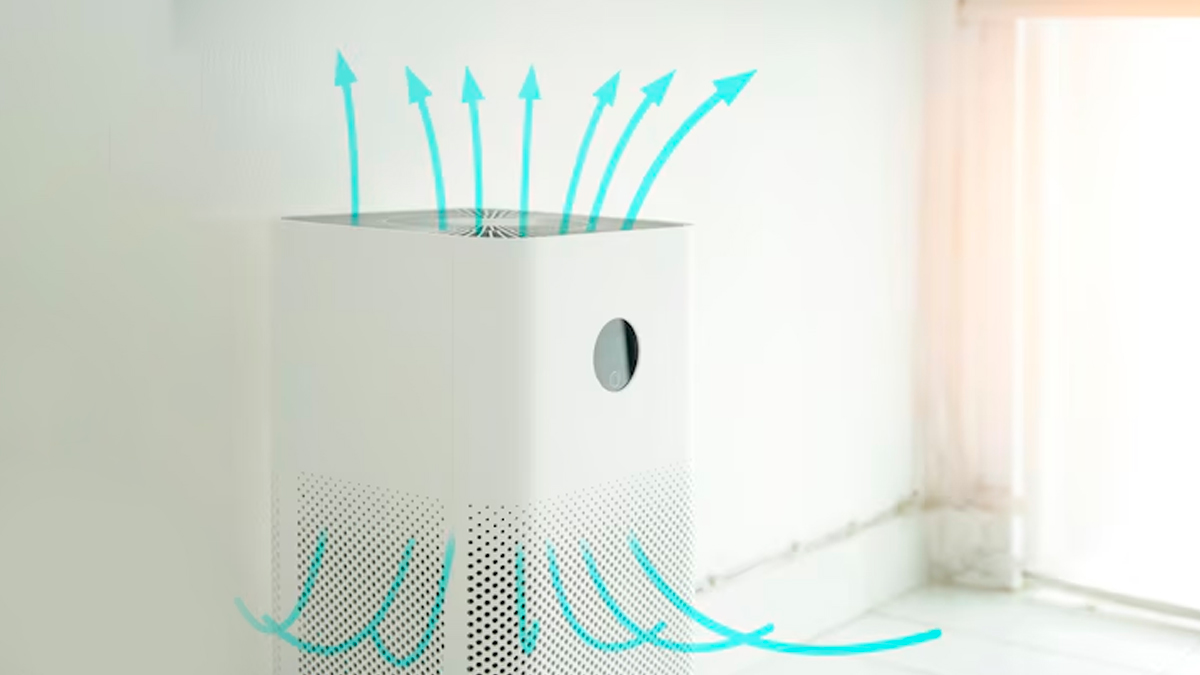
Have you ever wondered if city living might be taking a toll on your bones? Most of us associate air pollution with breathing problems, but did you know it could also weaken your skeleton? This polluted air could silently contribute to conditions like osteoporosis, making your bones fragile and more prone to fractures. With urban pollution on the rise, we spoke to Dr Bharat Goswami, Consultant Orthopaedics, Fortis Hospital, Greater Noida, who explained how city life might be affecting your bone health and steps to protect bone health.
Table of Content:-

Osteoporosis is a condition wherein the bones become porous and fragile, leading to a higher risk for tendencies or fractures. “Ageing, genetics, poor nutrition, and lack of exercise are some of the factors associated with this disease conventionally, however, emerging evidence points to air pollution as a major yet overlooked contributor. Urban areas, with their ever-increasing pollution levels, are putting city residents at a heightened risk of developing this debilitating condition,” highlighted Dr Goswami.
Studies Linking Air Pollution and Osteoporosis
-1731998515794.jpg)
“Air pollution, especially fine PM2.5 particles, may harm overall health, including skeletal health. These microscopic particulates, emitted from sources like vehicles, industrial activities, and the burning of fuels, can enter the lungs and bloodstream,” said Dr Goswami. Over time, this may contribute to chronic inflammation and oxidative stress, potentially disrupting the normal process of bone remodelling, where old bone tissue is replaced by new.
Also Read: Acidic Air, Weak Bones: Expert Explains How Polluted Cities Are Impacting Skeletal Health
According to a 2021 study, exposure to air pollution negatively impacts both bone breakdown and bone rebuilding. Long-term exposure to high pollution levels, like 30 μg/m³ of PM10 and 25 μg/m³ of PM2.5, is linked to a 15% higher risk of developing osteoporosis. This has also been linked to higher rates of hospital admissions for osteoporosis-related conditions, indicating a potential public health concern,” added Dr Goswami.
According to the Lancet, prolonged exposure to black carbon has been linked to increased bone loss over time. Additionally, people living in areas with higher PM2.5 levels have a higher risk of experiencing osteoporotic fractures.
Urban Lifestyles and Osteoporosis
City living can indirectly impact bone health due to sedentary habits and lack of physical activity. Here's how:

- Sedentary Work Habits: Desk jobs and long hours spent sitting contribute to reduced bone-stimulating activity.
- Commute Time: Long distances to and from work can limit opportunities for physical activity during the day.
- Digital Entertainment: Excessive screen time encourages inactivity, which leads to bone density loss.
- Lack of Weight-Bearing Exercise: Without activities like walking or strength training, bone loss can speed up.
Another factor involves dietary choices in urban areas. “A shift from traditional, nutrient-rich diets toward processed and fast foods severely depletes the body of essential nutrients like calcium, magnesium, and vitamin K. Over time, this dietary imbalance can, in turn, weaken bones, compounding the effects of pollution exposure,” added Dr Goswami.
Also Read: Breathing Behind the Mask: Is Carbon Dioxide Inhalation A Risk?
Protection of Bone Health in a Polluted Environment
Pollution in urban settings might not be avoidable, however, some measures can help protect bone health. Here are some listed by Dr Goswami:

- Attention to Nutrition: Pay more attention to calcium intake through a diet rich in this mineral from milk products, leafy greens, and fortified food add to that vitamin D either through sunbathing or by supplementation through fortified foods or supplements when the sun is too scarce.
- Stay Active: One should include weight-bearing exercises, walking, yoga, or weight training in daily life to make the bones strong.
- Improve Indoor Air Quality: Use air cleaners and ensure proper ventilation in your home to reduce indoor levels of pollutants.
- Monitor for Air Quality: Refrain from participating in outdoor activities during periods of extreme pollution; use masks and any other available measures to reduce inhaling harmful particles.
- Regular Health Check-Up: Have bone density tests and visits with health professionals for proactive care to prevent disorders.
Bottomline
Dr Goswami concluded, “Similar bone health challenges for city dwellers are very specific, as this pollution is already playing a great role in the onset of osteoporosis. While cleaning up air pollution requires systemic change, some effects can be minimised on the individual level. Keeping healthy, eating right, and having a minimum amount of exposure to pollutants will help an urban dweller reduce their risk of osteoporosis and make their bones stronger and healthier.”
[Disclaimer: This article contains information provided by an expert and is for informational purposes only. Hence, we advise you to consult your own professional if you are dealing with any health issues to avoid complications.]
Also watch this video
How we keep this article up to date:
We work with experts and keep a close eye on the latest in health and wellness. Whenever there is a new research or helpful information, we update our articles with accurate and useful advice.
Current Version